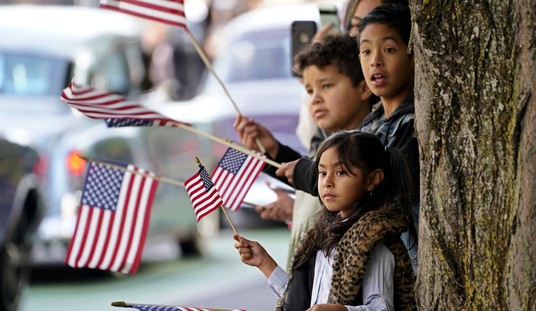As a practicing Catholic, I try to keep up with the latest from the Home Office in the Vatican, but more often than not, I find myself wondering if they know not what they do. For instance, today we hear from officials that they have added to the list of sins Catholics must consider, including “ecological sins”. In the same breath but without a hint of irony, the same officials bemoan the decreasing participation in the rite of reconciliation, or what used to be called confession:
Thou shall not pollute the Earth. Thou shall beware genetic manipulation. Modern times bring with them modern sins. So the Vatican has told the faithful that they should be aware of “new” sins such as causing environmental blight. …
Girotti, in an interview headlined “New Forms of Social Sin,” also listed “ecological” offences as modern evils. …
Girotti, who is number two in the Vatican “Apostolic Penitentiary,” which deals with matter of conscience, also listed drug trafficking and social and economic injustices as modern sins.
But Girotti also bemoaned that fewer and fewer Catholics go to confession at all.
During Mass, Catholics will ask for forgiveness for their sins, for “what I have done, and what I have failed to do.” We call these sins of commission and sins of omission. Until today, I had never heard of sins of emission.
Unlike many Catholics, I still participate in the rite of reconciliation. I find it remarkably focusing, a way to zero in on the notion of accountability. Many argue that Christians need no intermediary to find forgiveness from God, and I’d say I agree with that — but truthfully, do most people think about accounting for their sins at all without some kind of structure that demands it? In preparing for the confessional, which I do find uncomfortable and off-putting, I have to consciously consider my sins of commission and omission and decide on the level of honesty I’m willing to provide — not to the priest, but to myself.
It’s an exercise I find challenging, unpleasant, but necessary on at least an occasional basis. A hazy and private “My bad!” to God every once in a while doesn’t force me into that level of introspection. With a priest, I know that the actual verbalization of these issues will go no farther, and he acts as a mechanism between penitent and God to ensure that process occurs at all.
However, the addition of sins based on political correctness demeans the process. If pollution is a sin, do I have to give up driving a car? Lighting my house? Burning wood in the fireplace? Or is there a level at which sin arises; if so, will the Vatican provide the formulas? It’s silly, because excessive consumption is already covered by gluttony. This looks like a desperate attempt at temporal relevancy when the Church should be concerned about eternal truths. It’s like watching your parents try to rap.
If the Vatican wonders why Catholics feel that reconciliation has become less relevant, perhaps it’s because the Church tries to impose faddish notions of sin on its members. If the Vatican doesn’t take sin and repentance seriously, why should Catholics?
UPDATE: Several commenters point out that the Church also names “excessive wealth” as a sin. I can think of few institutions with less standing to make this point than the Catholic Church, but this isn’t really new, anyway. It misses the same point as tailpipe sin does. Wealth in and of itself isn’t sinful, because it’s inanimate. What matters is what’s done with the wealth. If one hoards it for one’s self and refuses to assist others in need, then that’s the sin, not the wealth. Wealth is just a tool for other ends, and it is the human pursuit of those ends which can be virtuous, sinful, or both.
UPDATE II: Inside Catholic has a nice article on confession by Elizabeth Scalia, with a more personal perspective.









Join the conversation as a VIP Member